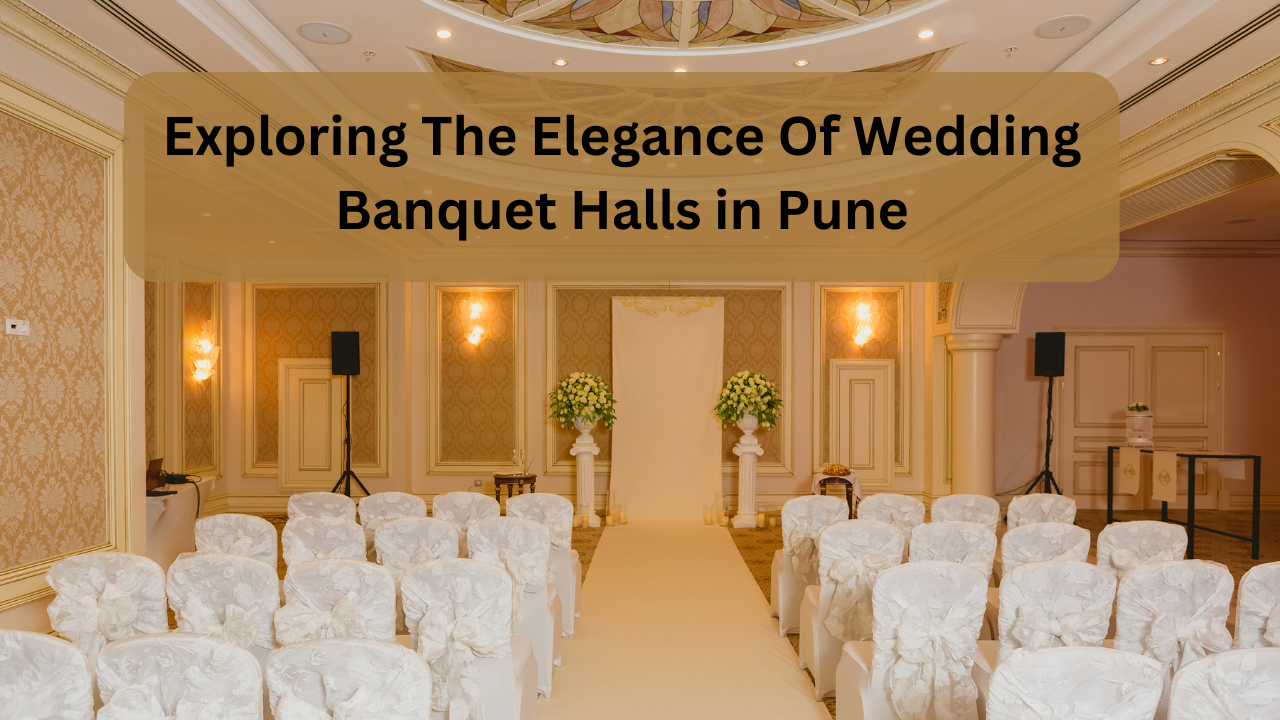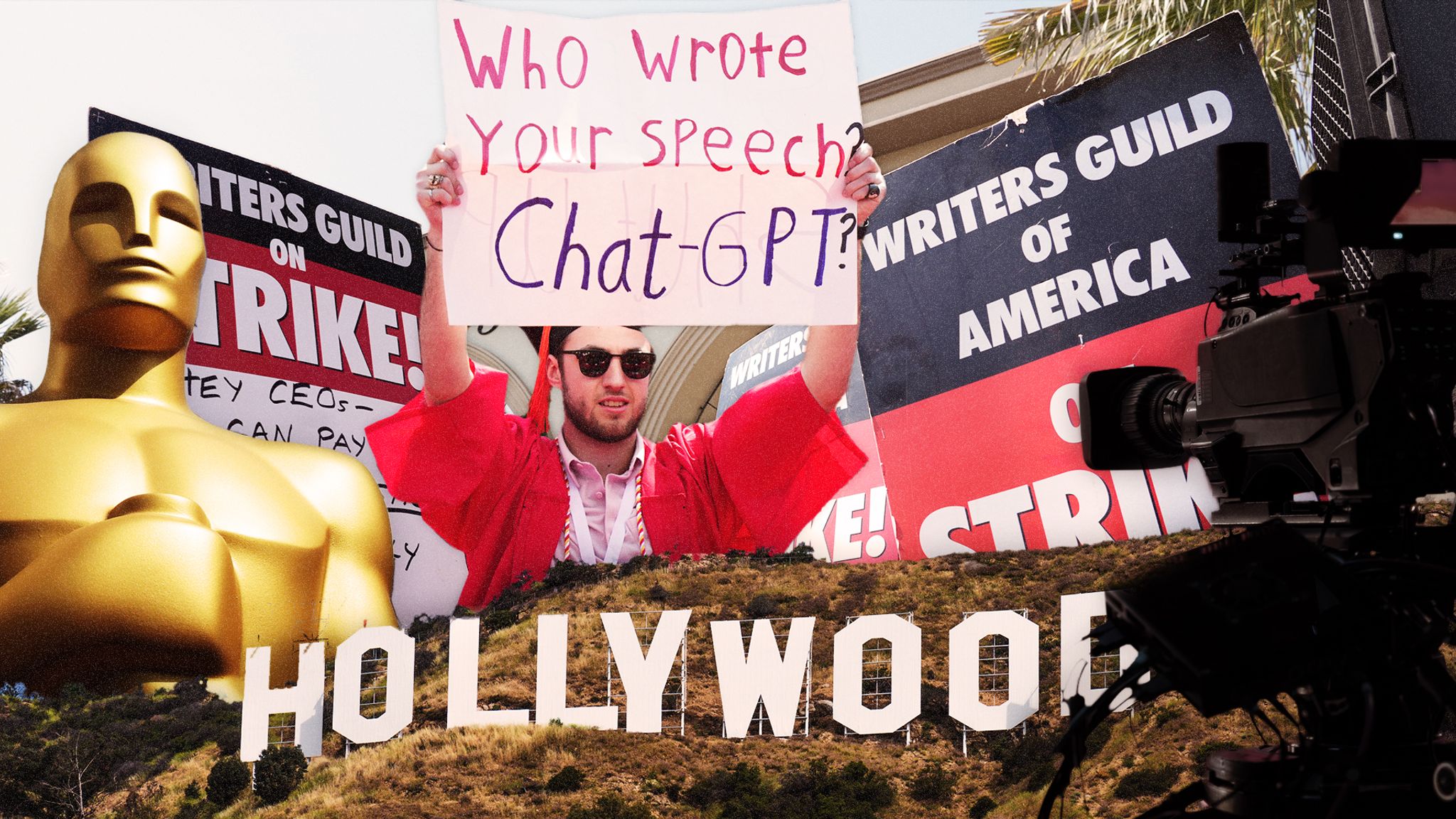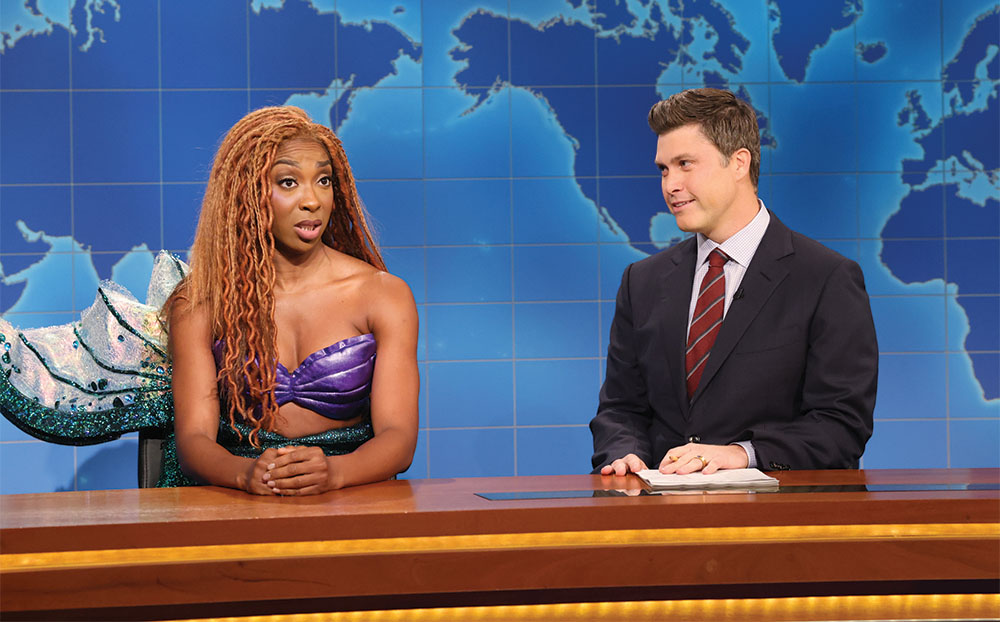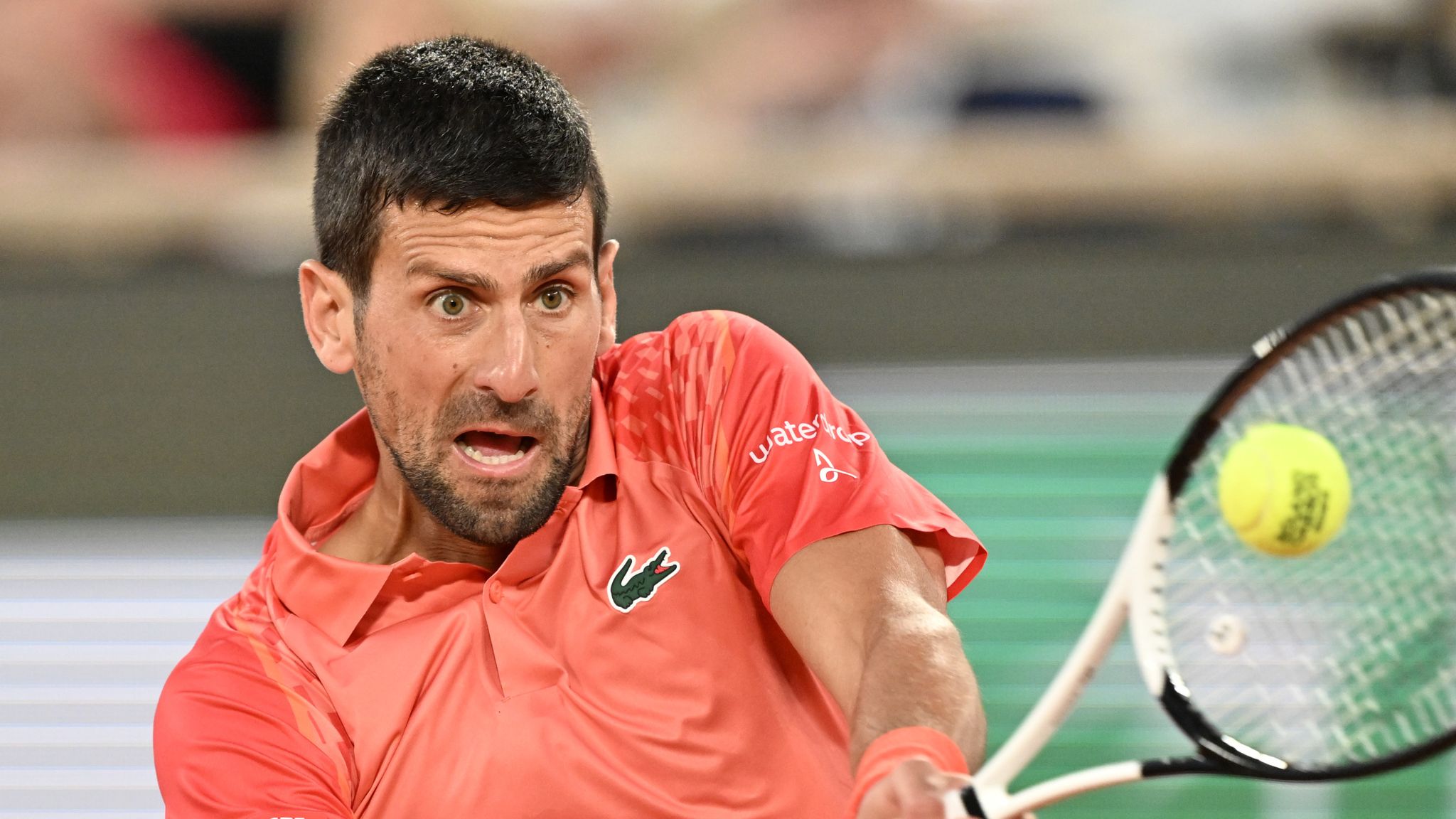The Wedding Banquet: Exploring Queer Identity In An Asian-American Context

Table of Contents
<p>The film The Wedding Banquet offers a compelling lens through which to examine the complexities of Queer Asian-American identity. This article delves into the film's portrayal of this nuanced intersection, exploring themes of cultural expectations, familial pressure, and the struggle for self-acceptance within a specific cultural context. We will analyze how the film highlights the challenges and triumphs of navigating queerness within the framework of traditional Asian-American values, focusing on keywords like "Asian-American LGBTQ+" and "Wedding Banquet" to understand the multifaceted nature of this experience.</p>
<h2>The Performance of Heterosexuality</h2>
<h3>Maintaining Face and Family Expectations</h3>
<p>Within many Asian-American families, the pressure to conform to heteronormative expectations is immense. The concept of "saving face," crucial in many Asian cultures, significantly impacts the choices characters make in The Wedding Banquet. This pressure to maintain a respectable public image often overshadows personal desires and truths.</p>
<ul> <li><b>Filial piety</b>, the respect and obedience shown to elders, is a cornerstone of many Asian cultures. This often leads to prioritizing family harmony above individual needs.</li> <li>The pressure to marry and have children is immense, fulfilling societal expectations and ensuring family lineage. This expectation can be particularly difficult for LGBTQ+ individuals.</li> <li>Homosexuality carries significant social stigma in some Asian communities, leading to shame, silence, and fear of rejection.</li> <li>Wei-Tung's fabricated relationship with Wai-mei perfectly illustrates this, a strategic performance of heterosexuality designed to appease his parents and maintain "face."</li> </ul>
<h3>Internalized Homophobia and Self-Repression</h3>
<p>The film poignantly depicts the internal struggles faced by characters who repress their true identities to avoid conflict or judgment. This self-repression, often stemming from internalized homophobia, carries significant emotional and psychological consequences.</p>
<ul> <li>Wei-Tung's internal conflict between his desires and societal expectations is a central theme, showcasing the internalized pressure to conform.</li> <li>Suppressing one's true self can lead to significant mental health issues, including depression, anxiety, and feelings of isolation.</li> <li>Cultural shame and silence surrounding homosexuality contribute to a climate where many LGBTQ+ individuals struggle to find support or understanding.</li> </ul>
<h2>Negotiating Cultural Identities</h2>
<h3>The Clash Between Traditional and Modern Values</h3>
<p>The film masterfully portrays the tension between traditional Asian values and the evolving understanding of LGBTQ+ identities in modern society. This generational gap creates significant challenges for individuals navigating their identities.</p>
<ul> <li>Older generations often struggle to understand and accept homosexuality, leading to conflict and misunderstandings.</li> <li>Balancing cultural identity with personal identity requires significant negotiation and often involves difficult choices.</li> <li>The evolving landscape of LGBTQ+ rights and acceptance within Asian-American communities offers both hope and challenges as traditions clash with modern ideals.</li> </ul>
<h3>Exploring Intersections of Race, Sexuality, and Gender</h3>
<p> The Wedding Banquet showcases the complex interplay of race, sexuality, and gender, highlighting the unique challenges faced by Queer Asian Americans. These intersections create a unique experience, different from the challenges faced by LGBTQ+ individuals in other communities.</p>
<ul> <li>The film subtly highlights the differing experiences of Queer Asian men versus Queer Asian women, showcasing varied social pressures and expectations.</li> <li>Immigration status intersects with LGBTQ+ identity, adding another layer of complexity for many individuals.</li> <li>Language and communication barriers can further complicate the process of navigating these intersecting identities.</li> </ul>
<h2>Finding Acceptance and Authenticity</h2>
<h3>The Power of Self-Discovery and Acceptance</h3>
<p>Despite the challenges, the film also explores the characters' journeys toward self-acceptance and the importance of finding authentic expression. This process of self-discovery is central to the narrative.</p>
<ul> <li>Wei-Tung's gradual realization of his true self is a powerful portrayal of the process of coming to terms with one's identity.</li> <li>Supportive relationships play a vital role in fostering self-acceptance, offering validation and understanding.</li> <li>Finding community and connecting with others who understand is crucial for overcoming feelings of isolation and shame.</li> </ul>
<h3>The Importance of Allyship and Understanding</h3>
<p>The film implicitly underscores the crucial role of allyship from family members and friends in creating a more accepting environment. Building bridges of understanding is key to fostering acceptance.</p>
<ul> <li>The potential for change and understanding within families is demonstrated, showing that acceptance can be cultivated.</li> <li>Education and open dialogue are essential for challenging negative attitudes towards LGBTQ+ individuals.</li> <li>Consistently challenging homophobia and prejudice within Asian-American communities is crucial for creating a more inclusive environment.</li> </ul>
<h2>Conclusion</h2>
<p>The Wedding Banquet serves as a powerful reflection of the complexities of Queer Asian-American identity, highlighting the struggles, triumphs, and ongoing journey towards self-acceptance within a culturally specific context. The film's exploration of familial pressure, cultural expectations, and the search for authenticity resonates deeply with the experiences of many within the Asian-American LGBTQ+ community. The film’s exploration of the intricacies of Queer Asian-American identity within the framework of a "Wedding Banquet" setting offers profound insights into the challenges and resilience of this community. </p>
<p>Further exploration of the themes presented in The Wedding Banquet is crucial for fostering greater understanding and acceptance of Queer Asian-American experiences. Continue the conversation and learn more about Queer Asian-American identity to build a more inclusive and supportive community. By engaging with resources and stories that explore this vital intersection, we can contribute to a future where all Asian-Americans feel seen, heard, and celebrated for who they truly are.</p>

Featured Posts
-
 Hollywood Shutdown Writers And Actors On Strike What It Means For Film And Tv
May 18, 2025
Hollywood Shutdown Writers And Actors On Strike What It Means For Film And Tv
May 18, 2025 -
 Jackbit The Top Bitcoin Casino In The Usa
May 18, 2025
Jackbit The Top Bitcoin Casino In The Usa
May 18, 2025 -
 Snls Jack Black Episode Ego Nwodims Crowd Work And Other Top Moments
May 18, 2025
Snls Jack Black Episode Ego Nwodims Crowd Work And Other Top Moments
May 18, 2025 -
 Top Rated Bitcoin Casinos For 2025 A Comprehensive Guide
May 18, 2025
Top Rated Bitcoin Casinos For 2025 A Comprehensive Guide
May 18, 2025 -
 Did Trumps Middle East Tour Favor Arab States Over Israel
May 18, 2025
Did Trumps Middle East Tour Favor Arab States Over Israel
May 18, 2025
Latest Posts
-
 Mensik Dokovicev Uticaj I Put Do Uspeha Novace
May 18, 2025
Mensik Dokovicev Uticaj I Put Do Uspeha Novace
May 18, 2025 -
 Top Australian Crypto Casinos For 2025 Games Bonuses And Security
May 18, 2025
Top Australian Crypto Casinos For 2025 Games Bonuses And Security
May 18, 2025 -
 Novak Djokovic Kortlarda Zirvedeki Yeri Saglam
May 18, 2025
Novak Djokovic Kortlarda Zirvedeki Yeri Saglam
May 18, 2025 -
 2025s Best Online Casino In Ontario Mirax Casino A Comprehensive Guide
May 18, 2025
2025s Best Online Casino In Ontario Mirax Casino A Comprehensive Guide
May 18, 2025 -
 Best Australian Crypto Casino Sites 2025 A Comprehensive Guide
May 18, 2025
Best Australian Crypto Casino Sites 2025 A Comprehensive Guide
May 18, 2025
